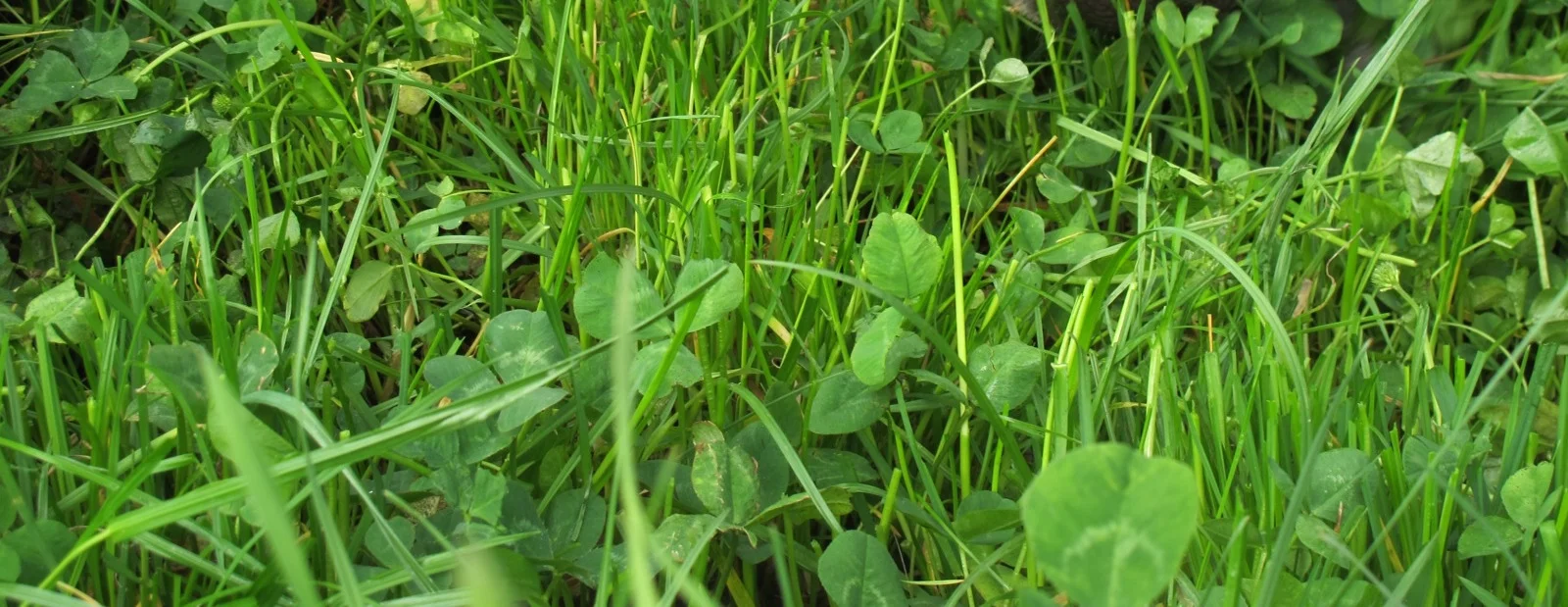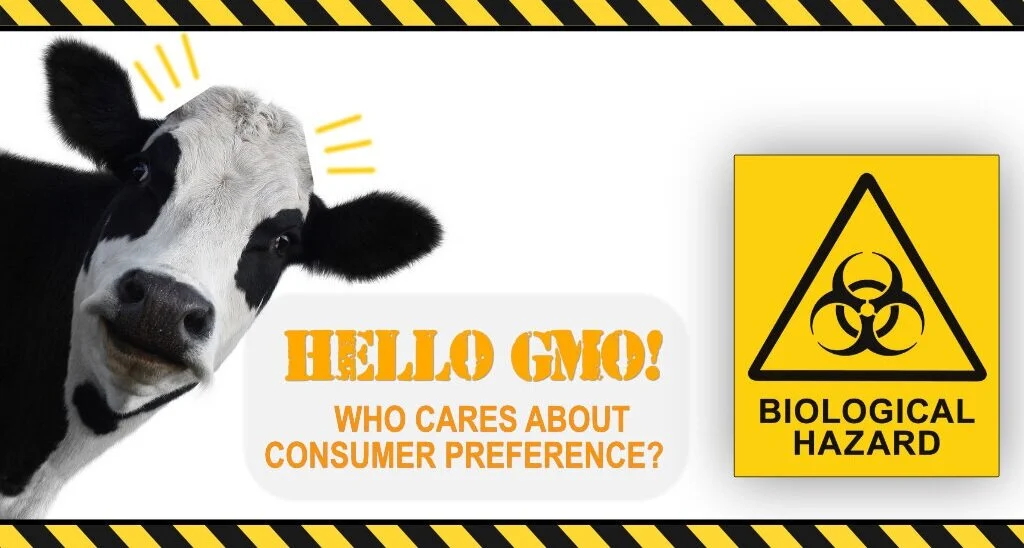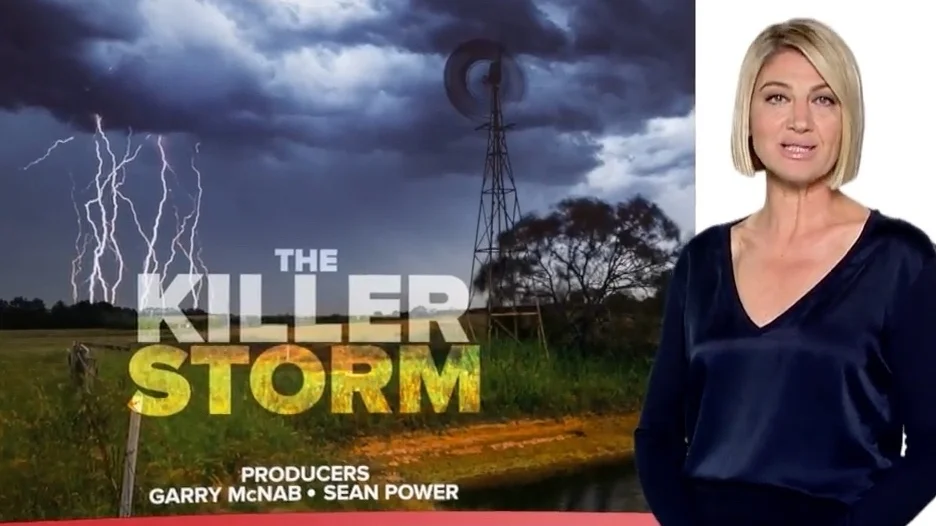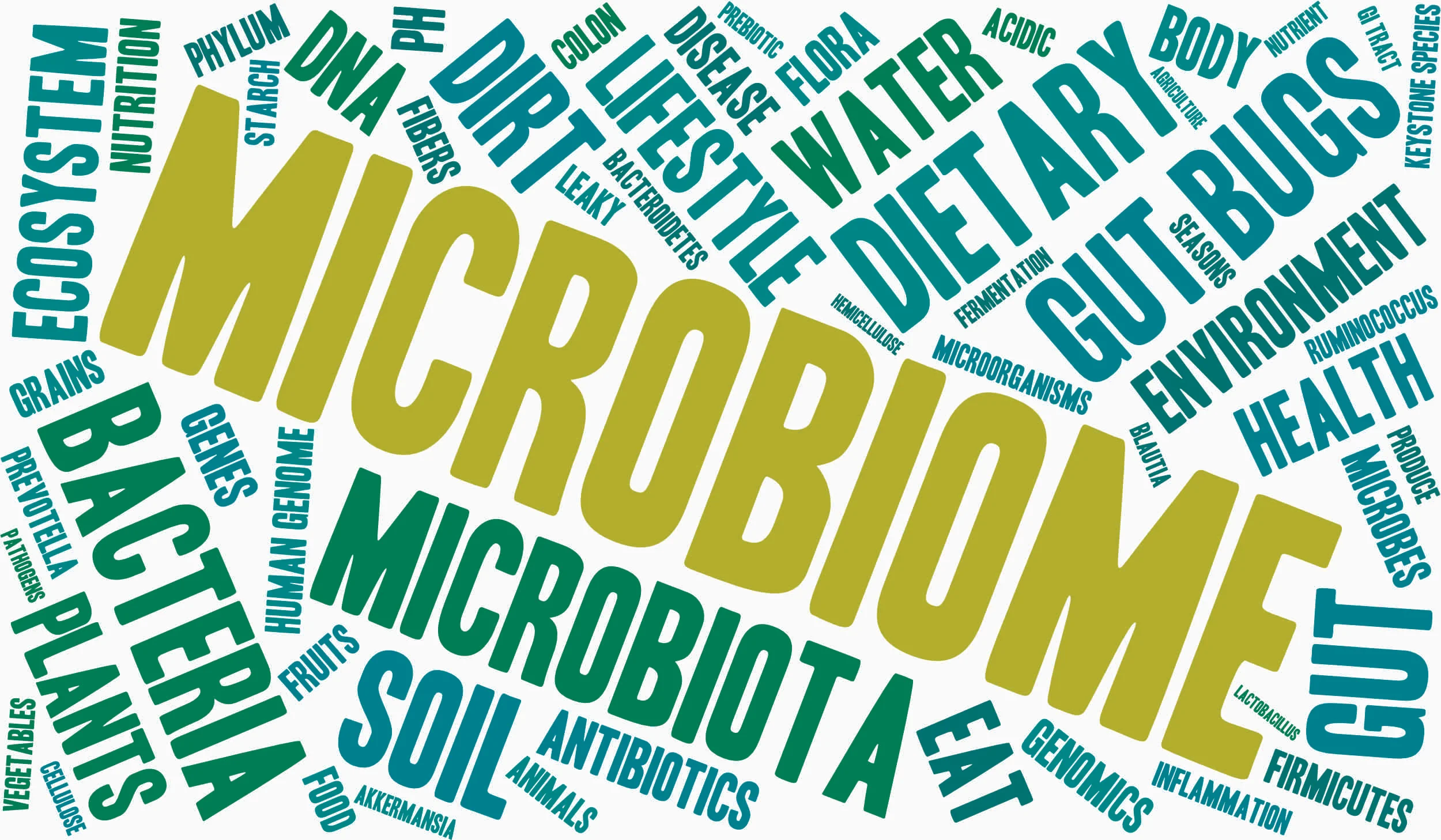Who else watched ABC Landline on Sunday? Well, there is more to the story…
We are in a time where things that are not of integrity or a strong moral compass, or rules and restrictions that are not fair for everyone involved, are examined.
This exploration can be enriching, because it may lead to the removal of blocks to the manifestation of goals; like the creation of legislation for the availability of raw milk from cows. The issue of why genetic modification is an adulteration of nature’s perfect food was discussed in detail in a previous article. The information won’t be repeated, but is referred to in this article often, without detailed elaboration.
Australia is a country where consumer food choice for more ethical, more natural, less adulterated has been ignored by industry and government, in order to give big business interests a boost. It is also a country where there is a great push for the new inventions
produced by the food manufacturing industry. As consumers become more aware of the horrors of intensive industrial livestock farming, and the food it produces, it is hoped vegan food alternatives may become more palatable, so big business can capitalise. But times are changing and there are huge economic shocks to the status quo investments. Crises are escalating, because system architects had refused to allow the natural flow, like consumer preference and freedom of choice.
ARMM is currently running a fundraiser to enable us to road test the 2009 risk assessment by Food Standards Australia New Zealand (FSANZ) which currently amounts to a nationwide ban on raw milk from cows. There is research from many different quarters, that consumers want more natural food choices, from a variety of food production systems like organic, regenerative and biological farming, and more ethical etc.
Hello genetically modified milk? Hello antibiotic resistant microbes? No consumer choice?
According to an ABC program: “It was a plan to genetically modify cattle and to change the dairy industry forever.”
When U.S. based company Recombinetics discovered that their 'gene edited' hornless bulls accidentally contained bacterial DNA with the mistake made in the lab, the research program was seemingly abandoned, however research now continues at an Australian paddock because our gene tech regulations are so lax. Watch the snippet below:
According to Friends of the Earth Australia, FSANZ wants to allow milk from the polled (hornless) progeny to enter our supermarkets with no safety testing or labelling.
Friends of the Earth argues that the bacterial DNA in Recombinetics' bulls was a big deal. It contained resistance genes to three commonly used antibiotics. And new research suggests unintended genetic inserts are common in gene editing. Genetically modifying animals poses unknown risks and serious ethical issues. Gene editing is not precise as claimed, and the self-regulation of the industry clearly doesn’t work. For more see their GM cattle briefing paper.
About six years ago, the first two U.S. genetically modified cows were seemingly set on a path to change the dairy industry forever. At the time, it was hailed as a scientific breakthrough. In a public relations move designed to allay the fear, the company behind the breakthrough, Recombinetics, and its collaborators argued the gene-edited cattle were not GMO. According to this article, the Food and Drug Administration (FDA) scientists who studied the genome sequence of one of the edited animals, had discovered its genome contains a stretch of bacterial DNA including a gene conferring antibiotic resistance. The “unintended” addition of DNA from a different species occurred during the gene-editing process itself, the government says. It went undetected by the company even as it touted the animals as 100% bovine and assailed the FDA for saying the animals needed to be regulated at all. On February the 7th, the FDA officially stated that “genome editing in animals can have unintended consequences.”
Image: An image from Friends of the Earth Australia, click here to take action.
Mutants or miracles? Australia’s GM cows
On Friday the 13th of March 2020, ABC The Signal first reported on mutant cows and genetic editing.
On Saturday, ABC national science and environment reporter Michael Slezak published an article ‘Mutants or miracles?’, and also an interview with three different people involved titled “No big deal”: modified cattle in Victoria carried genetic contamination.
On Sunday, Michael did an audio piece for Background Briefing on the genetic engineering of dairy cows that had gone wrong in the US, only to continue research silently and without fanfare with imported sperm in Australia, in a paddock two hours west of Melbourne, in Camperdown. Michael started the program at a biohacking laboratory called BioFoundry in Sydney “run by amateurs that call themselves biohackers”, who edit the DNA of organisms. ABC reporter Michael Slezak tinkered with DNA and created his own GMO with a “nasty” e.coli bacteria. Why are they tinkering with pathogens? Late last year certain genetic editing techniques, like CRISPR were deregulated in Australia, allowing anyone to make their own genetic modified organisms for fun, without the regulator knowing.
According to the in depth investigation, the U.S. startup Recombenetics used the latests science to create “more humane ways to raise livestock”, to feed the world, and for all the “thorny” issues in society etc… At the 10 minute time marker, it is explained how they
were attempting to change attitudes, and “shift the hearts and minds” of people towards GMOs. “A lot of people are against genetically modified anything, and with this particular application, I think he [founder Scott Fahrenkrug] was able to split the opposition. You know, a lot of people who are against GMOs may also be members of Peta. So I thought it was politically clever to kind of lead with this concept of the hornless cattle.”
Professor Alison Van Eenennaam, cooperative extension specialist, Department of Animal Science, University of California at Davis said that the science communications had suggested the way to address these issues, were to touch people where their values are. The new narrative were influential in these cows becoming powerful political tools in the GMO debate; framing genetic engineering, as animal welfare. The ag-biotech industry in general is desperate to dissociate GMOs with gene-editing, learn more here. When asked about the remaining five offspring calves being biological hazards, the response was: “We don’t consider them a true biological hazard.” Six of the calves were killed after it was discovered that they had inherited the bacterial genes.
A few hours later, ABC Landline also ran a story from a somewhat different, and more subdued angle. Although, the video does show that the area where the five offspring are kept, have yellow biological hazard warning signs posted…
Audio: From Background Briefing by Michael Slezak 15 March 2020 (source).
Genetically modified milk and other dairy products in Australia?
Friends of the Earth is a group that advocates for consumer choice; not to eat from genetically modified animals. Louise Sales, emerging technology spokesperson, Friends of the Earth can be seen in the ABC Landline story lobbying against GMOs.
She is concerned that the debate is controlled by scientists who have a conflict of interest, and health consequences in the form of novel toxins and allergens.
An Australian company (Total Livestock Genetics) has bred dairy cows from ‘gene edited’ bulls whose genomes have since been found to “unintentionally” contain the bacterial DNA. The US Food and Drug Administration say this demonstrates the risks posed by these techniques and why they need to be regulated. However, in Australia the Office of the Gene Technology Regulator is allowing a number of these techniques to be used with no regulation at all. And our food regulator Food Standards Australia New Zealand has proposed regulatory changes that mean milk from these cows could enter our supermarkets with no safety assessment or labelling.
In a press release, GE Free New Zealand asked if Australian GE regulators are threatening New Zealand’s food chain. “The implications of the transfer of GE antibiotic resistance bacteria into the environment, soil and people are potentially health threatening. This is especially concerning as there are a growing number of illnesses that have become life threatening due to anti-biotic resistance,” said Claire Bleakley, president GE Free NZ.
According to FSANZ’s proposal, the authority had recommended in its briefing paper that there should be exemptions on certain gene edited GMOs. The meat and milk from these cattle would fall under these exemption rules, on the understanding they are harmless. These GE exemptions highlight that these foods may go unregulated, and appear on the market illegally before the consultation is completed. GE Free NZ are calling on the Food Standards Ministerial Forum to ensure that all foods produced from gene technology, including new breeding techniques, are fully regulated. “We further call on MPI to ensure that no GE milk or meat from these animals has been imported and there is no GE semen being sold to farmers in New Zealand.”
Take action and demand that Minister Richard Colbeck ensures that all food products from genetically modified animals, plants and microbes are assessed for safety and labelled - so we can chose what our families eat.
Take Action with this Friends of the Earth campaign - Click here
Audio: Michael Slezak interviewed Tad Sonstegard PhD, chief executive, Acceligen, subsidiary of Recombinetics, Professor Alison Van Eenennaam, cooperative extension specialist, Department of Animal Science, University of California at Davis, Louise Sales, emerging technology spokesperson, Friends of the Earth. 14 March 2020 (source).
Last words…
As scientists and amateurs tinker with bacteria in many different terrains, there may soon come a time when it will be clear to all that more terrains of multi-species beneficial and commensal microbes will be needed, to counter the pathogens and superbugs created in ignorance. Our very survival depend on mankind getting this lightbulb moment.
We need more terrains packed with diverse species beneficial microbes for good health, but, instead many terrains are treated with sanitisers, antimicrobials or agents that stress microbes. Research shows that in the process of disinfecting different terrains, pathogens are often first to recolonise, grow and outcompete the commensal and beneficial. It is the nature of microbes to resist and change when their lives are threatened, or borrow genes from other microbes or even pathogens. We urgently need to learn to grow more terrains of beneficial microbes, and allow them to provide personal protection and immunity by colonising successfully, and also provide food safety. Australian public health officials will do well to change their stance on carefully produced regulated raw milk from cows. It can be done well, when the right kind of controls are in place. It can be a blessing to the community, if allowed to be. Earlier today a public health emergency was declared in response to the coronavirus. Raw milk consumption may not be a cure for the virus, but long term consumption of carefully produced raw milk does strengthen the immune system.
There is a lot of evidence presented in these articles, that suggests that many in science and ag-biotech are working against the best interests of the raw milk movement, in a variety of ways, and in turn may be creating future disasters for their own offspring to live with. From a certain point of view, it borders on insanity…
According to this article, it’s not clear if the bacterial DNA in the gene-edited cattle poses a larger risk than already explored.
The concern is that the antibiotic resistance gene could be taken up by any of the billions of bacteria present in a cow’s gut or body.
John Heritage, a retired microbiologist from Leeds University, says he doesn’t see a large chance of the gene jumping further, but says its presence in a cow could create unpredictable opportunities for it to spread.
60 Minutes recently did a story about the Asian “wet markets” where coronavirus may have originated. It’s a wonder that the ABC did not draw similar parallels considering the so-called covid-19 crisis is growing every day… Is it really safe and ethical to introduce the currently quarantined five polled calves, or their offspring into the food chain, especially when research show consumers so clearly distrust GMOs? The comments on social media following the ABC Landline story were very revealing. One person said that poll genes already exist in cattle, and asked if they were too lazy to do selective breeding to make the process more natural and acceptable? Many objected furiously to a diet of GMOs and products from gene-editing, and wanted the folly to stop, and the choice to opt out.
It is possible, that in the future the only way for a dairy farmer to assure the consumer that the milk does not include DNA from the offspring of these gene-edited cattle, may be to keep a bull on the farm to naturally inseminate the females…
In times like these, it is important for consumers to seek out their local farmers for local food, and cherish the relationship. Please consider donating to our fundraiser, click on the image to the right. We need your help.
Related Articles:
Mutants or miracles? Australia's GM cows
"No big deal": modified cattle in Victoria carried genetic contamination
The Biggest Experiments In Gene Editing
Mutants or miracles? Australia’s GM cows and the experiment that went wrong
Playing God - Gene Edited Cattle, GMO Dairy and Meat
Are Australian GE Regulators Threatening New Zealand’s Food Chain?
FSANZ Proposal P1055 – Definitions for gene technology and new breeding techniques
Friends of the Earth GM cattle briefing paper
Norris, A.L. et al. (2019) Template plasmid integration in germline genome-edited cattle
Solomon, S.M. (2020) Genome editing in animals: why FDA regulation matters, Nature Biotechnology
GM Animals in New Zealand: the first 15 years
Gene-edited cattle have a major screwup in their DNA
How To Protect Yourself From Coronavirus (Or Any Virus)
Why Aren’t We Being Advised to Strengthen Our Immune Systems against Coronavirus?
Coronavirus and Raw Milk. Safe to Drink? A message from raw milk expert Ted Beals MD
The Media and The Censorship of Certain Preference




























